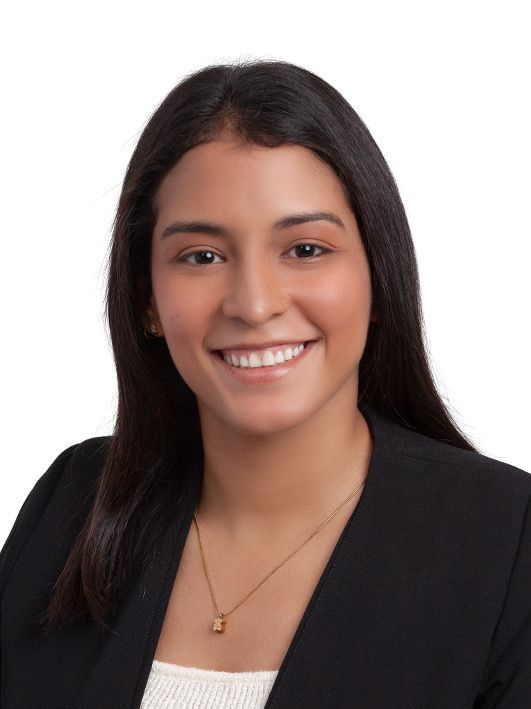🎓 Técnico en Desarrollo de Software
Campuslands
2025 - 2025

Edad: 25 años (22 de febrero de 2000)
Origen: Cúcuta, Colombia
Soy Desarrolladora de Software Junior en formación, apasionada por la tecnología y por construir soluciones funcionales. Me encanta aprender nuevas herramientas, colaborar con otros y participar activamente en equipos de trabajo. Tengo facilidad para adaptarme a los cambios y asumir nuevos desafíos con disciplina y compromiso.
Campuslands
2025 - 2025
Universidad Francisco de Paula Santander
2017 - 2022
INEM “José Eusebio Caro”
2011 - 2016
Desarrollo backend y automatización
Aplicaciones web interactivas
Programación orientada a objetos
Gestión de bases de datos
Estructuras web y diseño
Control de versiones